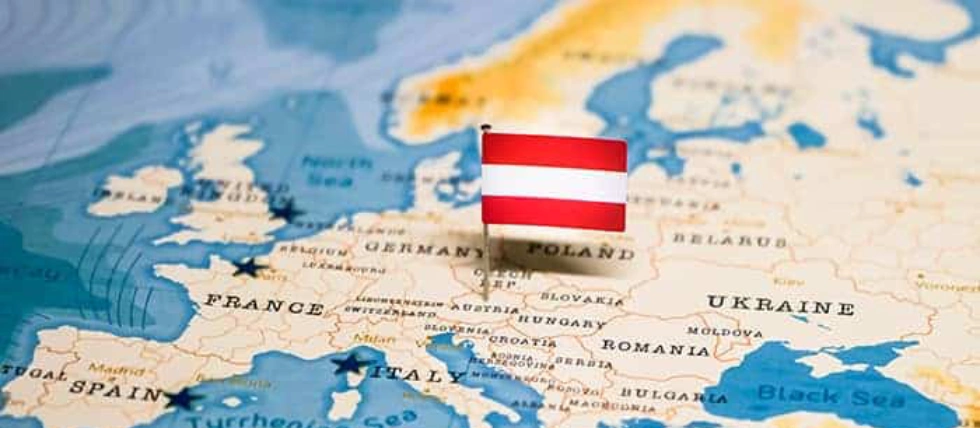Austria Poised to End State Casino Monopoly as Government Considers Liberalized Online Market
Austrian lawmakers are preparing to dismantle the national monopoly on online casino operations ahead of the current arrangement’s expiry at the end of 2025.

This move is signaling a potential shift to a liberalized, licensed market. While no final parliamentary vote has been scheduled, industry groups and political parties are engaged in talks about a new regulatory framework that would permit private operators to offer online casino services in Austria.
The Austrian Association for Betting and Gambling (OVWG) – whose members include international operators such as bet365, Entain, LeoVegas and Merkur – has urged lawmakers to move swiftly to establish a regulated market. The group has projected the state could collect as much as 1.4 billion in tax revenue by 2031 under a liberalized model and has suggested a cap in the region of 30 licenses to foster competition while limiting market fragmentation.
Any legislative change will require agreement among Austria’s major political forces, including the Austrian People’s Party ( d6VP), the Social Democratic Party (SP d6) and NEOS. These parties are reported to be debating key details such as license allocation, tax rates, advertising restrictions and consumer protection measures. Officials have not fixed an implementation date and say the precise form of regulation will be settled during ongoing negotiations.
Casinos Austria, which currently holds the dominant role in the land-based and regulated online market, would see its exclusive position ended, with an uncertain transition timetable for its operations and assets. Established sports-betting brands that already operate in Austria – for example, bwin and Tipico – could benefit from a first-mover advantage if online casino licenses are awarded to firms with existing local footprints.
Proposed reforms are expected to prioritize stronger safeguards around anti-money laundering (AML), problem gambling prevention, age verification and advertising rules. Regulators and consumer groups will likely press for strict compliance requirements and enforcement mechanisms to prevent diversion back to offshore, unlicensed operators that have historically captured a meaningful share of Austrian online gambling demand.
More Regulation News
 Regulation
Regulation
Mississippi Committee Advances Bill to Criminalize Online Sweepstakes Casinos
Jan 29, 2026 Regulation
Regulation
Study Suggests Nordic Regulators Still in the Dark Over Online Gambling Black Market
Jan 29, 2026What Austria’s Next Steps Could Mean for Europe
Austria’s deliberations follow a wider European trend toward regulated online gambling markets. Countries such as the UK, Sweden, the Netherlands and Germany have implemented licensing regimes intended to bring players into regulated channels, increase tax receipts and improve consumer protections. Market observers say Austria’s decision will be watched closely by operators and regulators across the continent.
Key milestones to monitor include the publication of a draft bill, parliamentary debates, and the detailed licensing and taxation proposals that will emerge from coalition negotiations. Industry groups are expected to engage in consultation rounds, while regulators will have to define application criteria, compliance standards and supervisory arrangements. If a liberalized regime is approved, a phased market opening could begin after the current monopoly lapses at the end of 2025, although proponents caution that implementation may extend into 2026 depending on legislative timing.
A move to a licensed online casino market would create new commercial opportunities for international operators and local gaming companies, but it would also intensify scrutiny on responsible gaming and regulatory compliance. For Casinos Austria, the reform represents a major strategic inflection point; for operators currently active offshore, it offers a clear path to legitimization and domestic market access under tighter controls.
RELATED TOPICS: Regulation
Most Read
Must Read
 Interviews
Interviews
Exclusive Interview: Levon Nikoghosyan Shares AffPapa Winning Formula for Successful iGaming Events
Dec 03, 2025 Interviews
Interviews






Review this New Post
Leave a Comment
User Comments
Comments for Austria Poised to End State Casino Monopoly as Government Considers Liberalized Online Market